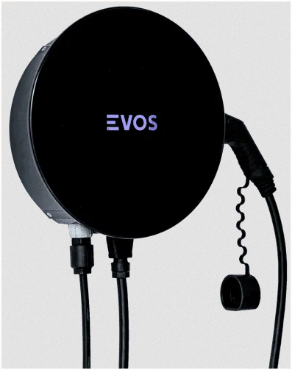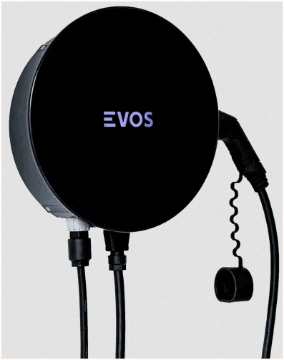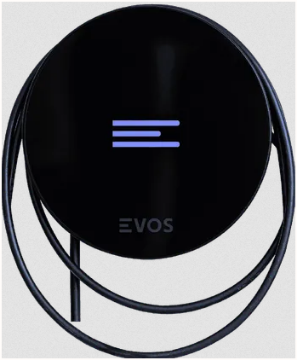- My accountMy account Close
You have no items in your shopping cart.
- Manufacturers
- Register
- New Products
- Become a Supplier
- Products
- back
- Food & Beverage
- Hospitality
- Corporate Office
- Manufacturing Supplies
- back
- Materials Handling & 3PL Supply
- back
- Trolley & Hand Trucks
- Pallet Lifiting
- Material Handling Equipment
- Tow Tugs & Powered Equipment
- Electric Utility Vehicles
- Lifiting Trolleys
- Warehouse Conveyor Systems
- Stackers & Pallet Jacks
- Forklift & Crane Attachments
- Dangerous Goods Storage
- Wheelie Bin Lifter & Tipper
- Recycling & Waste Management
- Workshop, Maintenance & Storage
- Access Equipment
- Plastic & Storage Containers
- View all
- Packaging
- Brewery Services
- 3PL & Warehousing Services
- back
- 3PL Consumables
- Appliances
- Computers & Electronics
- Hardware & Gardens
- Cameras
- Leisure
- Energy Management
- Medical Supplies & Hospital Equipment
- Workplace Health & Safety
- Healthcare & Beauty Supplies
- Janitorial & Hygiene & Cleaning
- back
- Paper Towels and Dispensers
- Washroom Supplies
- Cleaning Agents & Chemicals
- Housekeeping
- back
- Detergents
- Machine Warewashing
- Personal Care
- back
- Body Wash
- Pest Control
- Air Freshners
- Dispensers & Equipment
- Scrubbers and Scourers
- Garbage Bags
- Window Cleaning
- Dust Control
- Floor Cleaning
- Sponges and Sponge Cloths and Wipes
- View all
- Recently Viewed Products
- Featured Brand
- Blog
- All Categories
- Back
- Products
- back
- Food & Beverage
- Hospitality
- Corporate Office
- Manufacturing Supplies
- back
- Materials Handling & 3PL Supply
- back
- Trolley & Hand Trucks
- Pallet Lifiting
- Material Handling Equipment
- Tow Tugs & Powered Equipment
- Electric Utility Vehicles
- Lifiting Trolleys
- Warehouse Conveyor Systems
- Stackers & Pallet Jacks
- Forklift & Crane Attachments
- Dangerous Goods Storage
- Wheelie Bin Lifter & Tipper
- Recycling & Waste Management
- Workshop, Maintenance & Storage
- Access Equipment
- Plastic & Storage Containers
- View all
- Packaging
- Brewery Services
- 3PL & Warehousing Services
- back
- 3PL Consumables
- Appliances
- Computers & Electronics
- Hardware & Gardens
- Cameras
- Leisure
- Energy Management
- Medical Supplies & Hospital Equipment
- Workplace Health & Safety
- Healthcare & Beauty Supplies
- Janitorial & Hygiene & Cleaning
- back
- Paper Towels and Dispensers
- Washroom Supplies
- Cleaning Agents & Chemicals
- Housekeeping
- back
- Detergents
- Machine Warewashing
- Personal Care
- back
- Body Wash
- Pest Control
- Air Freshners
- Dispensers & Equipment
- Scrubbers and Scourers
- Garbage Bags
- Window Cleaning
- Dust Control
- Floor Cleaning
- Sponges and Sponge Cloths and Wipes
- View all
- Manufacturers
- Register
- New Products
- Become a Supplier
- Recently Viewed Products
- Featured Brand
- Blog
- Home /
- Energy Management
Energy Management
Energy management is the set of actions and processes aimed at optimizing energy consumption in order to rationalize and reduce costs without affecting consumers. Energy management involves the planning of energy production and consumption.
When it comes to energy management for EV charging in e-mobility automobiles, it's crucial to optimize efficiency, convenience, and sustainability. A well-organized energy management system ensures that charging processes are streamlined, reducing costs and environmental impact.
Smart Charging Solutions: Implementing smart charging solutions allows for optimized energy consumption, scheduling, and cost-effectiveness.
Renewable Energy Integration: Leveraging renewable energy sources like solar or wind power for EV charging promotes sustainability and reduces carbon footprint.
Charging Infrastructure Development: Developing a robust charging infrastructure network ensures accessibility and convenience for EV owners, driving adoption.
Energy Grid Integration: Integrating EV charging with the energy grid helps balance demand, prevents overload, and enhances overall grid stability.
Dynamic Pricing Strategies: Implementing dynamic pricing based on demand and time-of-use encourages off-peak charging, reducing strain on the grid and costs for users.
Battery Management Systems: Efficient battery management systems optimize charging cycles, prolong battery life, and enhance overall performance.
Mobile App Integration: Providing a user-friendly mobile app for EV owners enables remote monitoring, scheduling, and payment for charging sessions.
Data Analytics and Predictive Maintenance: Utilizing data analytics enables predictive maintenance, minimizing downtime, and ensuring optimal performance of charging stations.
Vehicle-to-Grid (V2G) Technology: V2G technology allows EVs to discharge energy back to the grid during peak demand, contributing to grid stability and earning revenue for owners.
Energy Efficiency Standards Compliance: Ensuring compliance with energy efficiency standards and regulations enhances trust and credibility among users and regulatory bodies.
EVOS Fleet Home22 - 22kW AC Home Charger
EVOS SB7 - 7kW AC Home Charger
- Food & Beverage (172)
- Hospitality (979)
- Corporate Office (487)
- Manufacturing Supplies (0)
- 3PL & Warehousing Services (0)
- Appliances (921)
- Computers & Electronics (810)
- Hardware & Gardens (328)
- Cameras (52)
- Leisure (260)
- Energy Management (2)
- Medical Supplies & Hospital Equipment (1)
- Workplace Health & Safety (6)
- Healthcare & Beauty Supplies (64)
- Janitorial & Hygiene & Cleaning (16)
- Telecommunications (83)




